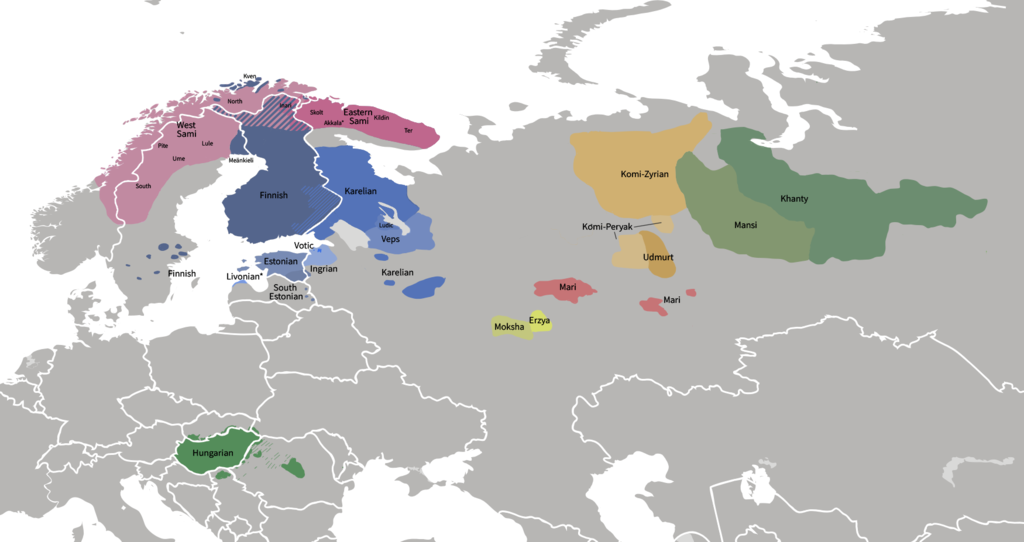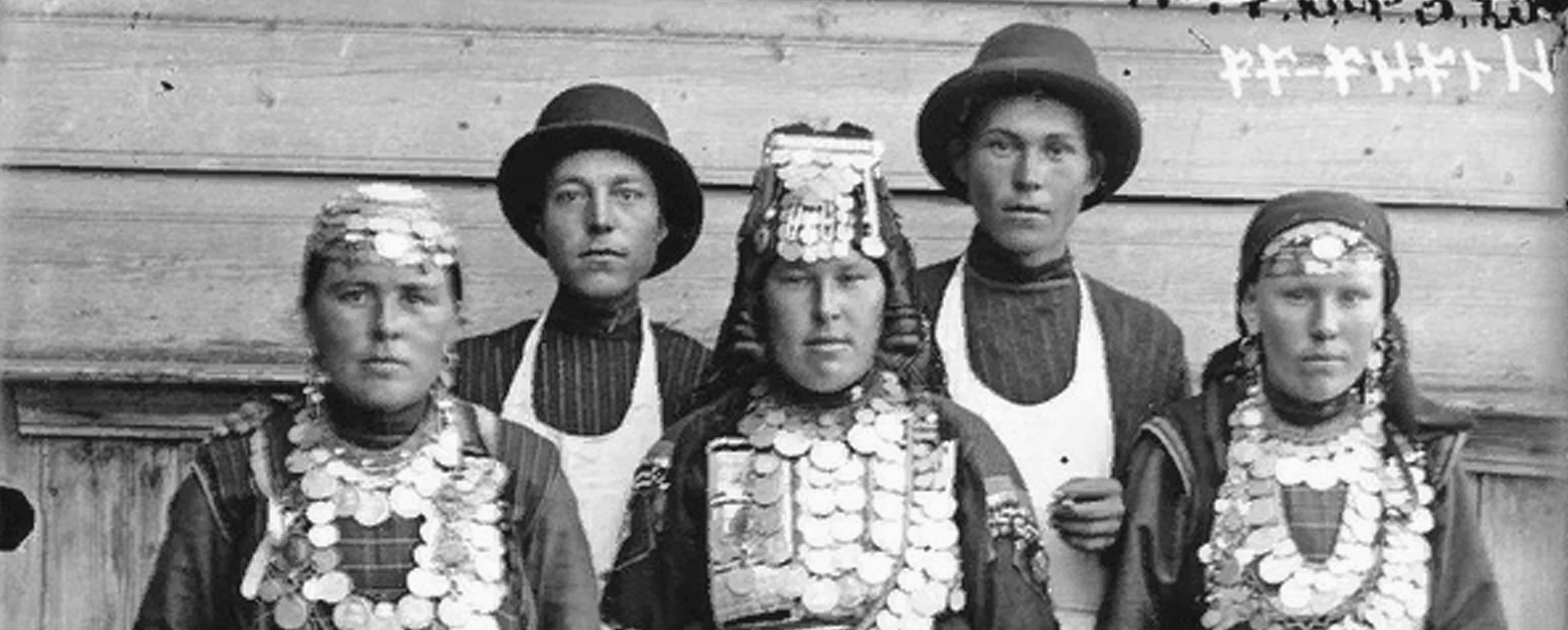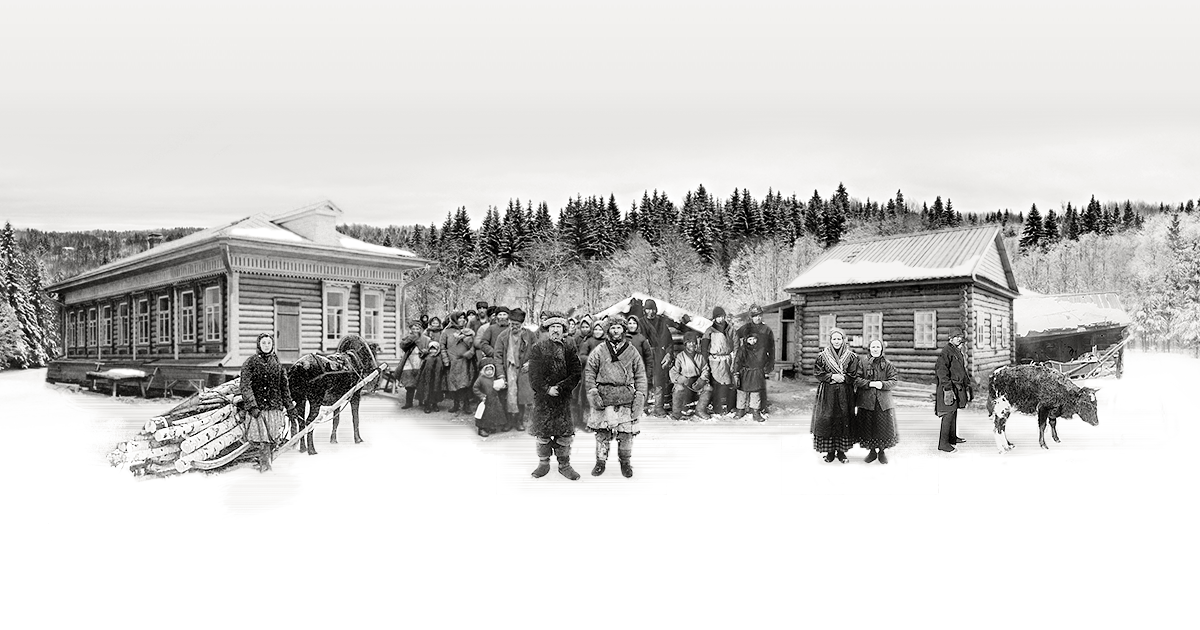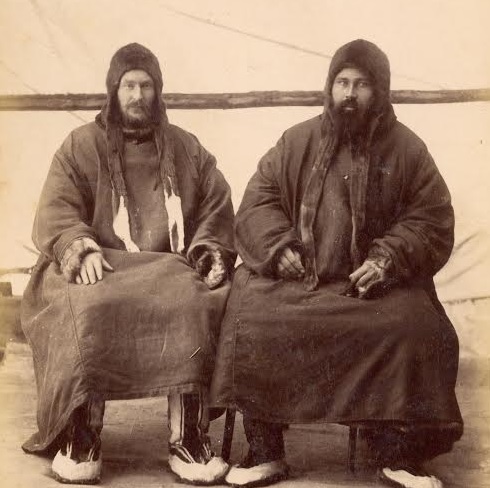That effort was described by Prague-based commentator Vadim Sidorov as an effort to erect a new “iron curtain” between the three Finno-Ugric peoples who have independent statehood and those living within the Russian Federation who don’t at least not yet.
Moscow behaved like in Soviet times, using regional organizations rather than ethnic ones, elevating officials over activists, and completely failing to consult with those in whose name it was operating. But also consistent with Soviet times, many of the activists saw through this ruse; some were angry; and a few ignored Moscow’s attempt to isolate them.

Ramazan Alpaut of the Idel.Real portal, spoke with one of them, Dmitry Kharakka-Zaytsev, who attended the Moscow-orchestrated meeting but plans to go to the congress in Estonia as well given that he and his nation, the Izhors, were not consulted by the powers that be and that meetings of ethnic groups should be that and not meetings of officials.
Moscow may control regional officials and it may dominate officially registered organizations, the Izhor representative says; but it is foolish to think that such officials or structures can speak for the people in whose name they act. The Finno-Ugric peoples want to speak to one another; and in today’s world, they don’t need Moscow to decide whether they can,
Further reading:
- Moscow splitting Finno-Ugric languages to promote assimilation to Russian, Mari linguist says
- Catalonian portal highlights Udmurt efforts to preserve that nation and its language
- Leningrad governor attacks Finno-Ugric groups as threats to Russia’s territorial integrity
- Free Idel-Ural Movement takes shape in Kyiv
- New Siberian website provides data on Russification of non-Russians and repression of Russians
- Moscow returning to tsarist Russification policies, Chuvash activist says
- Kremlin’s double standards on language issues in post-Soviet space continue
- A short guide to the linguicide of the Ukrainian language
- Moscow has long sought to destroy Slavic languages other than Russian, Zolotaryev says
- Ukrainian nation disappearing in Russia, Kyiv ethnographer says
- Ukraine’s European heritage is in its language’s DNA







